
The Future of Mobile App Development
Since the 2007 release of the first iPhone, mobile app development has advanced significantly. It has swiftly developed over time, reshaping how humans engage with technology and revolutionizing a number of businesses. The mobile app development industry is poised for significant change as we move into the future. We’ll examine the fascinating developments and trends that are likely to shape the future of mobile app development in this blog article.
The launch of 5G networks will fundamentally alter the mobile app development landscape. 5G will make it possible for developers to produce apps with richer content, real-time functionality, and seamless connectivity because of its blisteringly high speeds and reduced latency. Virtual reality (VR) and augmented reality (AR) apps will especially profit from 5G, providing immersive experiences never previously possible.


Mobile app development is increasingly reliant on artificial intelligence (AI) and machine learning (ML). Automation, predictive analytics, and personalization are all powered by them. Expect to see ML algorithms improve user experiences through data-driven suggestions and AI-driven chatbots offering more complex and human-like interactions.
Mobile apps are starting to incorporate blockchain technology, largely to improve security and transparency. The only two examples are cryptocurrency wallets and decentralized applications (DApps). Blockchain’s immutable ledger for safe data management will benefit sectors like finance, healthcare, and supply chain.


PWAs serve as a transitional medium between conventional websites and native mobile apps. These web-based applications provide quick download times, offline accessibility, and a unified user interface across all devices. Users no longer need to download and install apps, which could alter how businesses interact with their customers.
Cross-platform development frameworks like Flutter and React Native are becoming more and more popular among developers. By allowing code reuse across iOS and Android, these frameworks help conserve time and resources. Cross-platform development will increasingly be the preferred method for app projects as they progress.
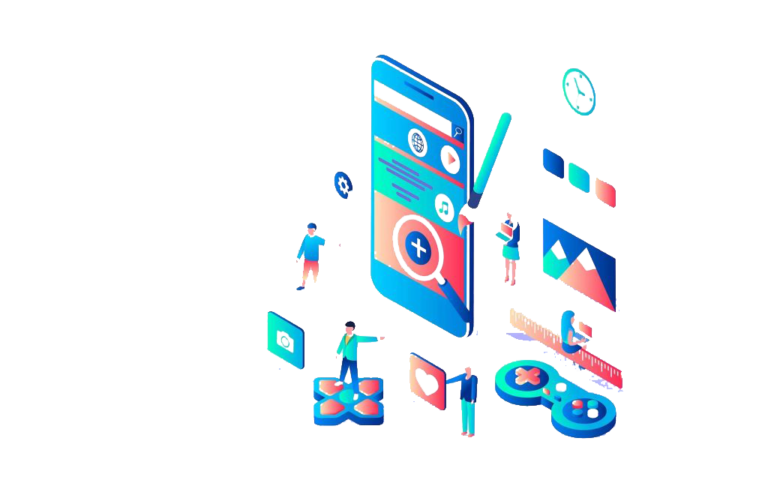
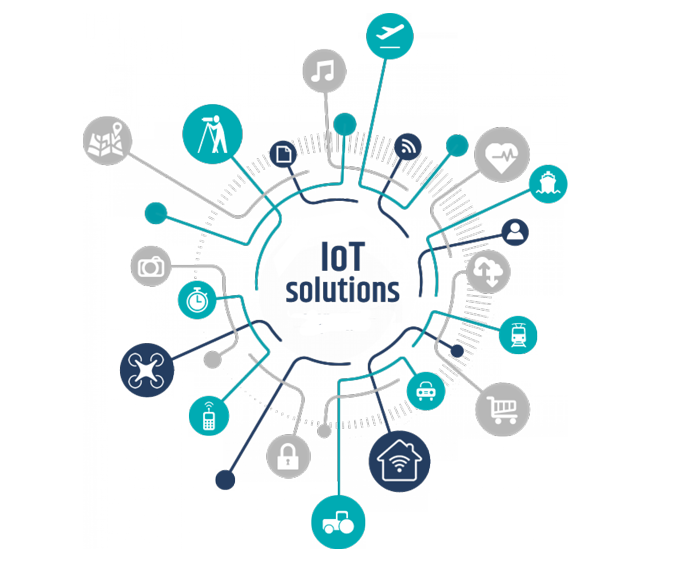
Mobile apps are leading the way in managing and keeping an eye on linked devices as the Internet of Things (IoT) continues to grow. Mobile apps will be crucial in managing the IoT ecosystem, from smart homes to industrial applications. You may anticipate smooth app and IoT device integration.
The influence of voice assistants like Siri, Google Assistant, and Alexa has already been felt, but there is still much room for improvement. The usage of speech and gesture recognition interfaces in mobile apps will increase, making it simpler for consumers to communicate with their devices without a touchscreen.
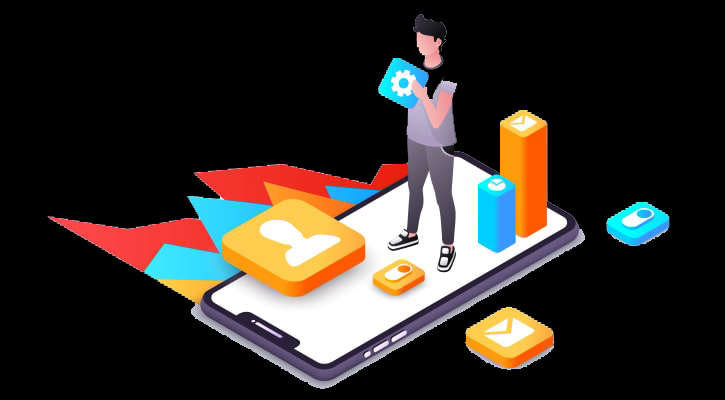
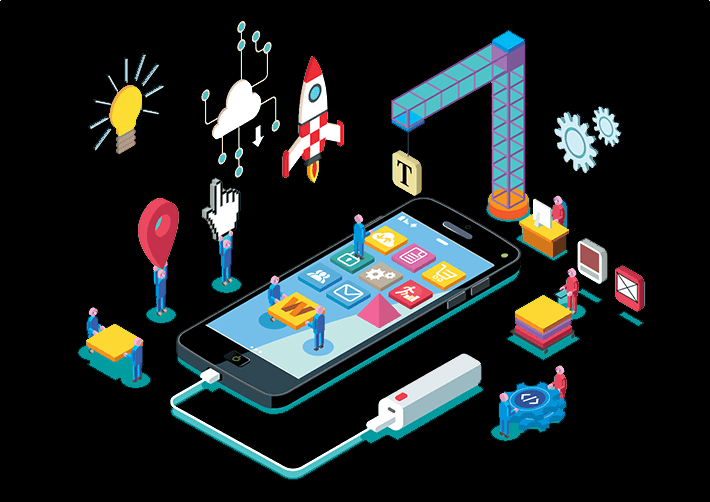
Mobile app developers will concentrate on adding strong security measures due to the increased concern about data privacy and security breaches. To protect user data, best practices for secure coding, biometric authentication, and cutting-edge encryption will be required.
All sectors, including the IT sector, are placing a high focus on sustainability. The environmental impact of mobile apps will be taken into account by developers, who will optimize for energy efficiency and lower carbon footprints.
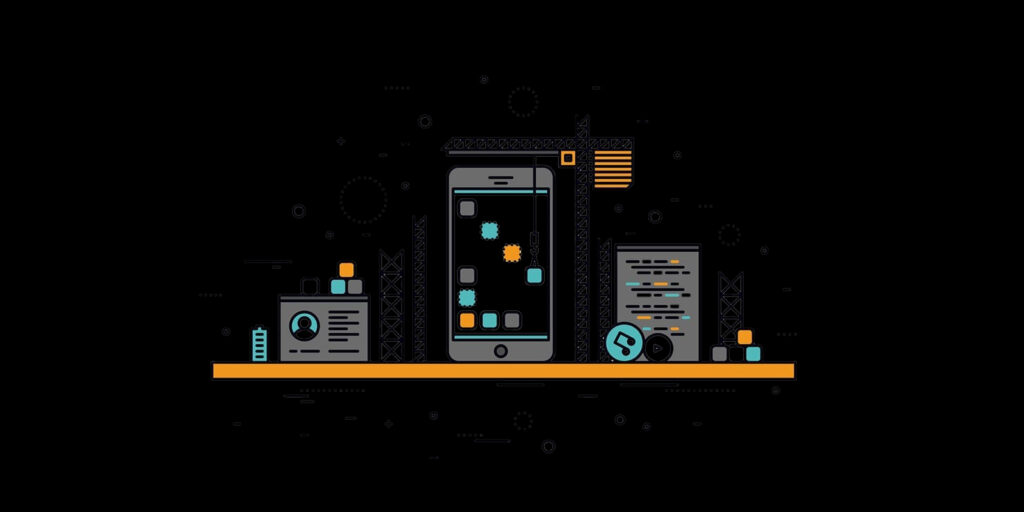

Mobile app development’s future seems to be exciting and disruptive. Developers have a wide range of tools at their disposal to produce original and user-centered experiences thanks to the advancements in 5G, AI, blockchain, and other upcoming technologies. Staying current with these trends and embracing new technologies will be essential to being competitive and satisfying user expectations as the landscape for mobile apps continues to change. The process of creating a mobile app is still very much in its early stages.
